Untangling rock-inhabiting microorganisms and their biosignatures from the Mars-like area of Puna Plateau, Argentinian Andes
- University of Tuscia, Department of Ecological and Biological Sciences, Italy
Observations of the geological setting of the Martian surface suggest traces of a cold and semi-arid era during the evolution of the planet, characterized by desertic and evaporitic environments. Despite their hostile conditions, these challenging environments host highly adapted and specialized extreme-tolerant and extremophilic microorganisms that evolved unique strategies to survive the harshest conditions on Earth. like those observed in terrestrial microorganisms inhabiting extreme localities. Here, one of the most common strategies of microbial life is endolithism, defined as the colonization of the pores and fissures within rocks, where microorganisms are protected from external harsher conditions. Moreover, the endolithic communities from Mars terrestrial analogues represent excellent models to understand how putative microorganisms may be adapted to the Martian environments and how to detect their signatures. In this optic, the proposed study aims to characterize for the first time endolithic communities and their biosignatures from distinct Mars-relevant rock substrates (ignimbrite and evaporites) in the Laguna Verde Complex, a complex of high-altitude hypersaline lakes surrounded by a desertic and volcanic area, located in the Puna Plateau in the Argentinian Andes. During the sampling campaign, which was performed in the context of the Europlanet 2024 Transnational Access program, rock samples were collected inside and in the surrounding desert area to cover most of the different potential endolithic habitats of the site. Microbiome characterization through Illumina amplicon sequencing, untargeted metabolomic analyses and microscopy studies are currently being undertaken on the collected samples.
How to cite: Aureli, L. and Coleine, C.: Untangling rock-inhabiting microorganisms and their biosignatures from the Mars-like area of Puna Plateau, Argentinian Andes, Europlanet Science Congress 2022, Granada, Spain, 18–23 Sep 2022, EPSC2022-343, https://doi.org/10.5194/epsc2022-343, 2022.

